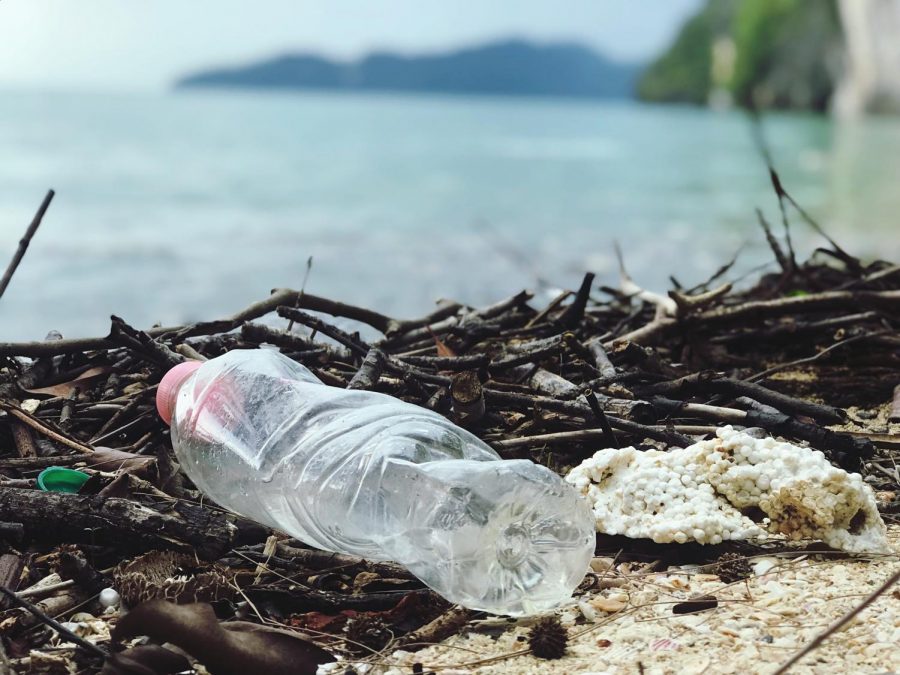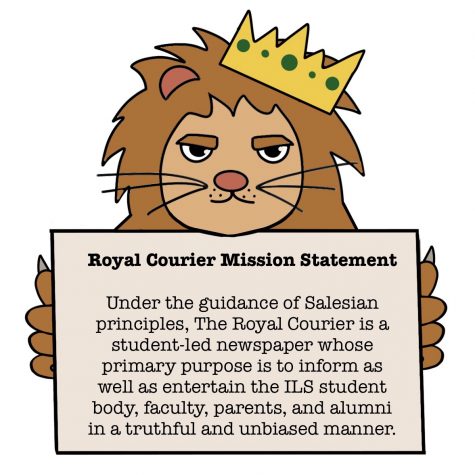Climate Change and Single-Use Plastics Will Cause Irreversible Damage To Miami’s Oceans
January 13, 2021
Living in Miami, FL, has many benefits, one of the biggest being the fact that it is surrounded by so much natural beauty. Unfortunately, the city is on the brink of having irreversible damage done to it because of climate change.
Climate change is one of the biggest issues facing the Earth today and South Florida is especially susceptible to its negative effects. The pace at which climate change is happening is creating a domino effect of issues for Miami’s environment, including water quality degradation, increased pollution, coral bleaching, and more.
Aside from all of the damage climate change is causing, many people are extremely inconsiderate and are polluting the Earth and the oceans with trash.
Most people are unaware of the immense impact their carbon footprint has on the world, leading to increased use of plastic and production of waste.
These issues will only get worse and cause Miami as we know it to deteriorate more and more over time unless immediate action is taken.
ILS Science Teacher and STEAM Program Coordinator, Dr. Shaw, has been teaching her senior Marine Science students all about the issues and the more they learn, the more they fear for the future of the City of Miami.
“As a city sitting at sea level, we are experiencing the affects of sea level rise already with king tides and sunny day flooding,” said Dr. Shaw. “Our reefs are being affected by coral bleaching due to rising sea temperatures. Not only are our waterways being inundated with plastic pollution, but with coastal development and run off from agricultural land, eutrophication of our waterways is leading to algae blooms, anoxic waters, and fish kills,” she continued.
Her main goal is to educate her students on all of these detrimental issues so that throughout their lives, they can work to inform others and combat them before irreversible damage is done.
Senior Marine Science student, Meghan Swan, is especially concerned about the negative effects that ocean pollution is having on the marine life in Miami.
“One of the biggest issues facing the environment in Miami is ocean pollution. The beaches are an important part of our ecosystem in Miami. Ocean pollution is caused by trash entering the ocean waters, which can cause contamination,” said Swan.
She has been learning about and researching ways that people can help reduce the negative impact made on the environment.
“I would encourage people to limit the amount of plastic they use everyday. For example, you can start using a reusable water bottle instead of a plastic one. It is also important to recycle so that unnecessary waste doesn’t end up polluting the earth,” said Swan.
Senior Marine Science student, Belen Gonzalez, is most disturbed by how careless and oblivious people are in regards to pressing environmental issues.
“I feel like the carelessness people have for the environment around them is what causes it. They throw trash on the floor or into the ocean and think it comes without consequence. There is also the fact that many people don’t believe in global warming and the melting of our ice caps,” said Gonzalez.
Gonzalez has been actively working to change her own habits and is hoping to inspire others to do the same.
“Some ways I am actively helping the environment is through conscious water use and I try to avoid buying items that come in plastic packages that aren’t recycled. Many products are using recycled plastic to make their bottles and it is a good way to avoid buying brands that end up in landfills contaminating our earth,” she continued.
There are many simple things that can be done to make a big difference in the environment. Dr. Shaw hopes to encourage everyone in the ILS family to take an active role in making the world a more environmentally conscious place to live.
According to Dr. Shaw, here are some things you can do to achieve that:
•Limit your use of single-use plastics!
•Use reusable water bottles and cutlery.
•Bring reusable bags to the grocery store.
•Limit your consumption of energy by turning off lights, unplugging electronics not in use, carpooling, participating in activities that reduce your meat intake like Meatless Mondays, and avoid products with palm oil.
•Participate in beach clean-ups, or do your own. There is a great initiative called Take 3 for the Sea, which encourages everyone to remove 3 pieces of trash anytime you visit a coastal region or waterway. Why not take 5? 10? 100?
•Educate others! Your friends, your parents, your neighbors.
•Lastly, vote for officials that understand the issues and are actively motivated to support environmental initiatives.
Make sure to stay updated with environmental issues in the news and continue to be informed because despite the lack of media attention they get, they are some of the most important issues facing the world today.















